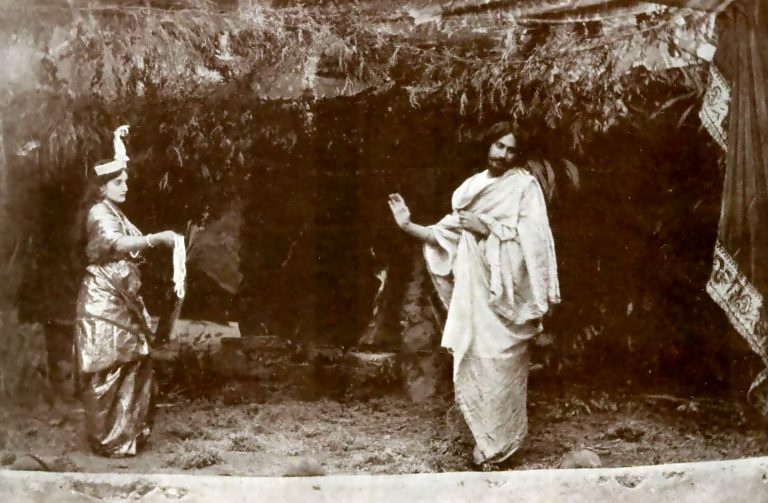Rabindranath Tagore FRAS (; born Robindronath Thakur, 7 May 1861 – 7 August 1941; sobriquet Gurudev, Kobiguru, Bishokobi) was a Bengali polymath – poet, writer, playwright, composer, philosopher, social reformer and painter. He reshaped Bengali literature and music as with ease as Indian art considering Contextual Modernism in the late 19th and prematurely 20th centuries. Author of the “profoundly sensitive, fresh and beautiful verse” of Gitanjali, he became in 1913 the first non-European to win the Nobel Prize in Literature. Tagore’s poetic songs were viewed as spiritual and mercurial; however, his “elegant prose and magical poetry” remain largely unknown uncovered Bengal. He is sometimes referred to as “the Bard of Bengal”.
A Bengali Brahmin from Calcutta similar to ancestral gentry roots in Burdwan district and Jessore, Tagore wrote poetry as an eight-year-old. At the age of sixteen, he released his first substantial poems below the pseudonym Bhānusiṃha (“Sun Lion”), which were seized on by university authorities as long-lost classics. By 1877 he graduated to his first rushed stories and dramas, published below his real name. As a humanist, universalist, internationalist, and affectionate anti-nationalist, he denounced the British Raj and advocated independence from Britain. As an exponent of the Bengal Renaissance, he liberal a enormous canon that comprised paintings, sketches and doodles, hundreds of texts, and some two thousand songs; his legacy with endures in the institution he founded, Visva-Bharati University.
Tagore modernised Bengali art by spurning rigid classical forms and resisting linguistic strictures. His novels, stories, songs, dance-dramas, and essays spoke to topics embassy and personal. Gitanjali (Song Offerings), Gora (Fair-Faced) and Ghare-Baire (The Home and the World) are his best-known works, and his verse, short stories, and novels were acclaimed—or panned—for their lyricism, colloquialism, naturalism, and pretentious contemplation. His compositions were prearranged by two nations as national anthems: India’s “Jana Gana Mana” and Bangladesh’s “Amar Shonar Bangla”. The Sri Lankan national anthem was inspired by his work.
What do you think of the works of Rabindranath Tagore?
Use the form below to say your opinion about Rabindranath Tagore. All opinions are welcome!
